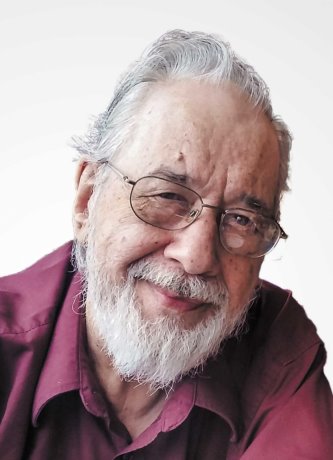Late last month, a two-day forum and workshop was held in Shenyang, China. It involved people from the China Exploration & Design Association — Architecture Branch, and from Architecture 2030.
Meetings of professional groups take place every day and most of the time they’re pretty well ignored by those outside the profession.
The Shenyang meeting was not widely publicized, but it was important. The meeting agreed that establishing Zero Net Carbon (ZNC) was a necessary and achievable goal for buildings and developments.
Edward Mazria was there, of course. He’s the architect who formed Architecture 2030 as a non-profit in 2002 as a response to a changing world climate. The organization’s mission is "to rapidly transform the built environment from being the major contributor of greenhouse gas emissions to a central part of the solution to the climate crisis."
The meeting ended with the signing of the China Accord, which is a commitment to plan and design cities, towns, developments and buildings in China to low-carbon/carbon neutral standards.
Large international design firms were also present, many of them familiar to the Canadian construction industry. Among them were DLR Group, Skidmore Owings & Merrill, ARUP and Perkins+Will. They too signed the accord.
The accord is the private sector’s response to the Chinese government’s plans to begin reducing carbon emissions. It includes a number of initiatives including professional training, knowledge-sharing events and the localization of design and planning strategies utilizing real-time simulation tools.
Mazria said there is "a huge number of low-cost, cost-saving design and planning strategies that can… reduce energy consumption and carbon emissions."
China, he says, is "currently urbanizing at a rate unmatched in human
history."
In the next 20 years, he says, 80 billion square metres of new buildings will be built worldwide. More than half of that will take place in China (38 per cent) and the United States and Canada (15 per cent).
That’s why, he says, it’s imperative that the design professionals in those countries take the lead in planning for a carbon-free future.
Architecture 2030 runs or collaborates in a number of interesting projects. One such is the Zero Cities Project, with the New Buildings Institute and Resource Media.
It recognizes that many cities have adopted building benchmarking policies. It also recognizes that the policymakers and politicians spearheading those efforts often don’t know how to translate their ideas into measureable reductions of greenhouse gas emissions.
In many cases, making progress in such efforts is technically — or politically — difficult.
While benchmarking is a key element in improving energy efficiency in buildings, the Zero Cities Project helps them chart a path that leads beyond mere benchmarking to an end point where carbon-neutral, zero-net-energy buildings are achieved.
But Mazria strikes a despairing note in a recent post on his organization’s website — despair about the election of Donald Trump as the next U.S. president and what that might mean for the Paris Agreement, which Trump has threatened to pull out of.
Some observers seem to think that whether the U.S. remains or leaves will make little difference simply because the global market has already made its decision. Planning to meet the agreement’s objectives is already well underway and will continue regardless of who the U.S. president is.
Others, Mazria among them, feel that progress will have to be made from the bottom up, rather than the top down. But the signing of the China Accord is a significant step with a lot of symbolic value. It demonstrates that there is a will within the Chinese design community to tackle the problem of climate change and that the Chinese government is willing to take an international leadership role.
Korky Koroluk is an Ottawa-based freelance writer. Send comments to editor@dailycommercialnews.com.











Recent Comments
comments for this post are closed